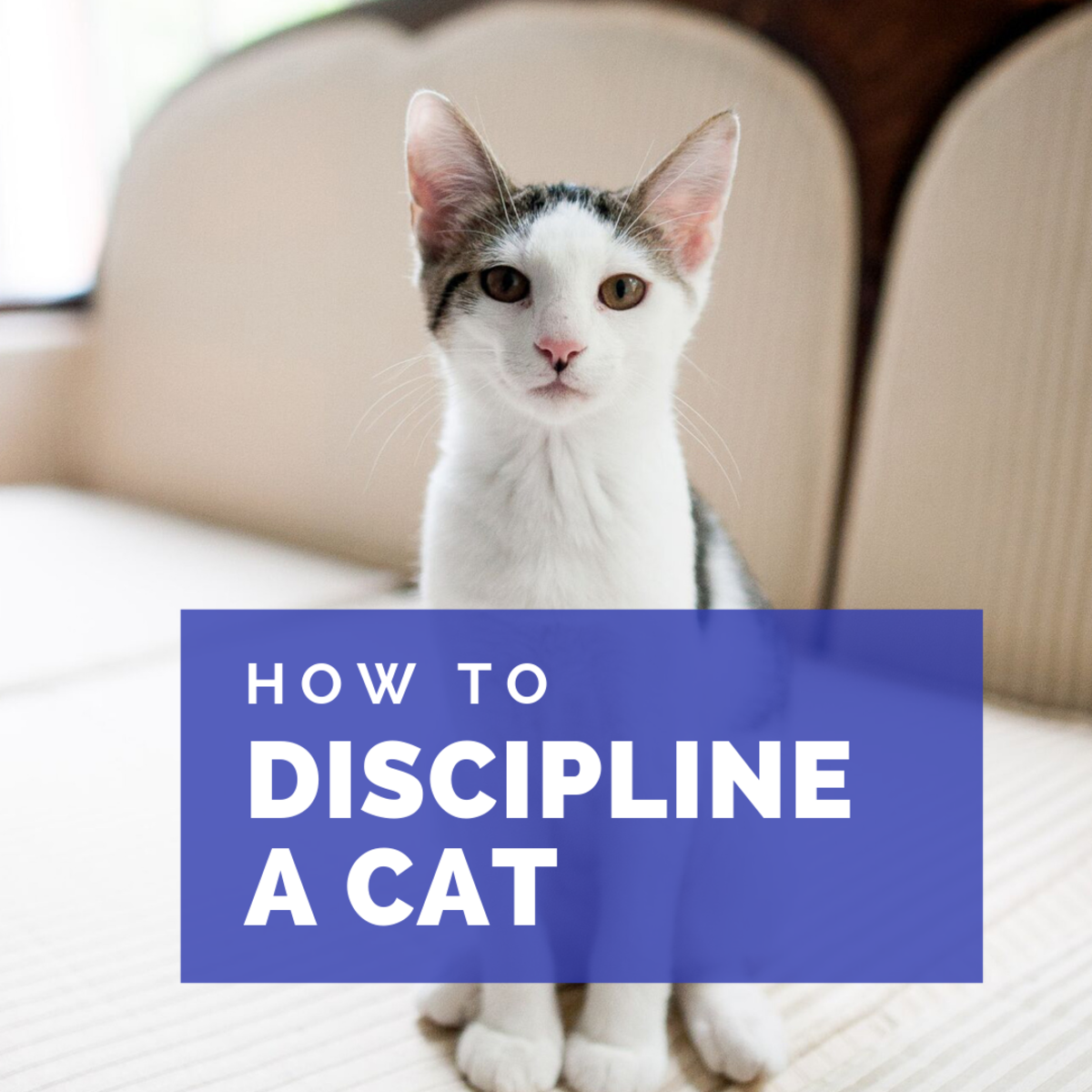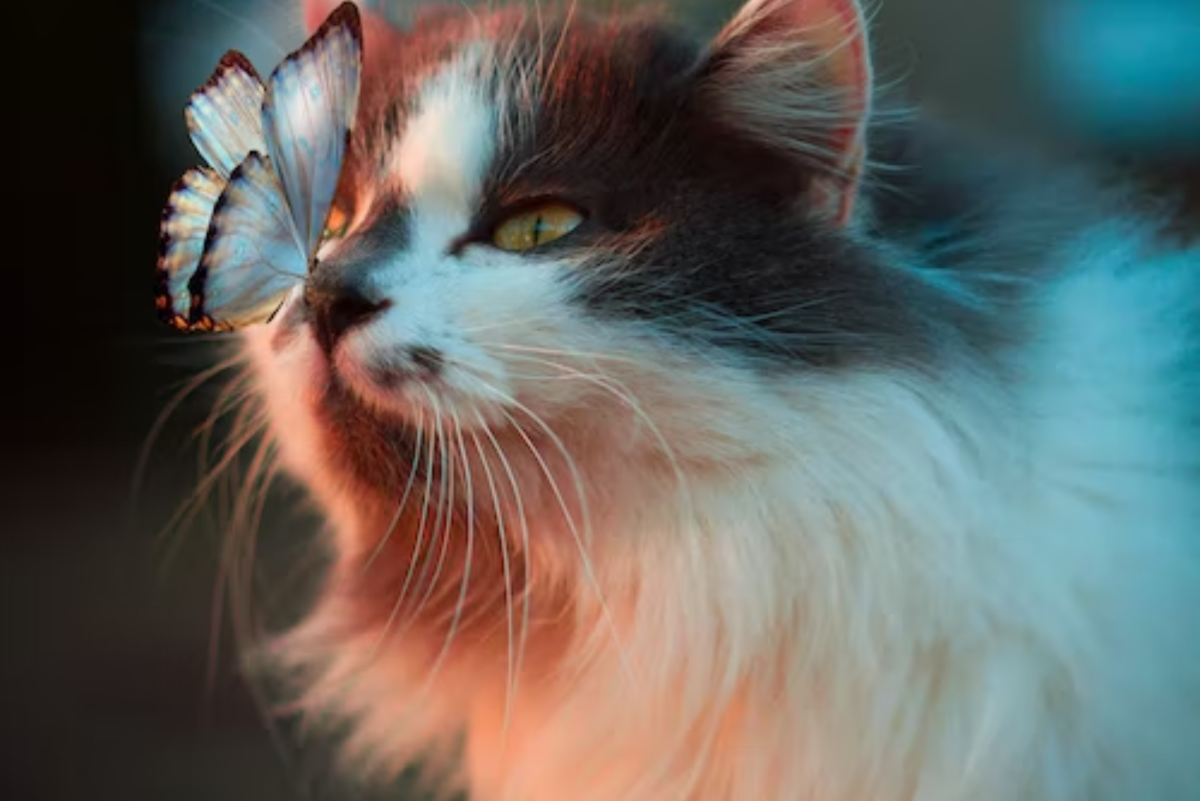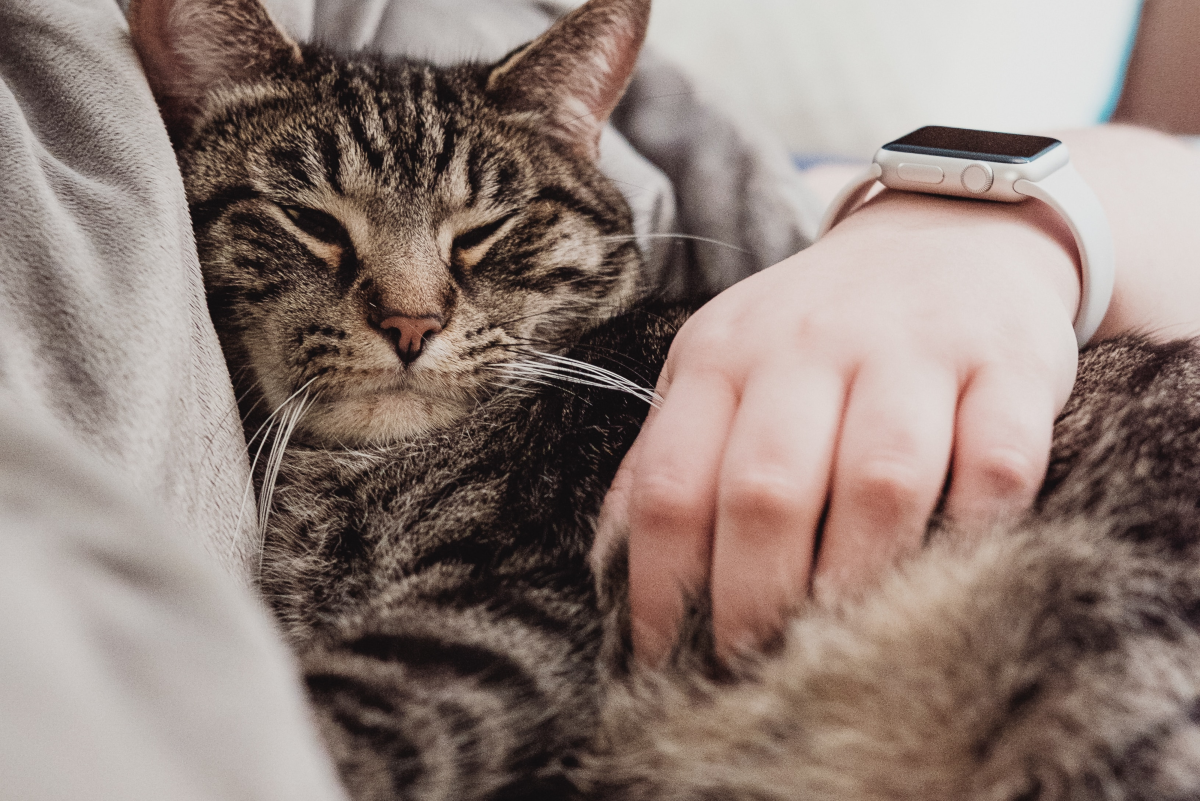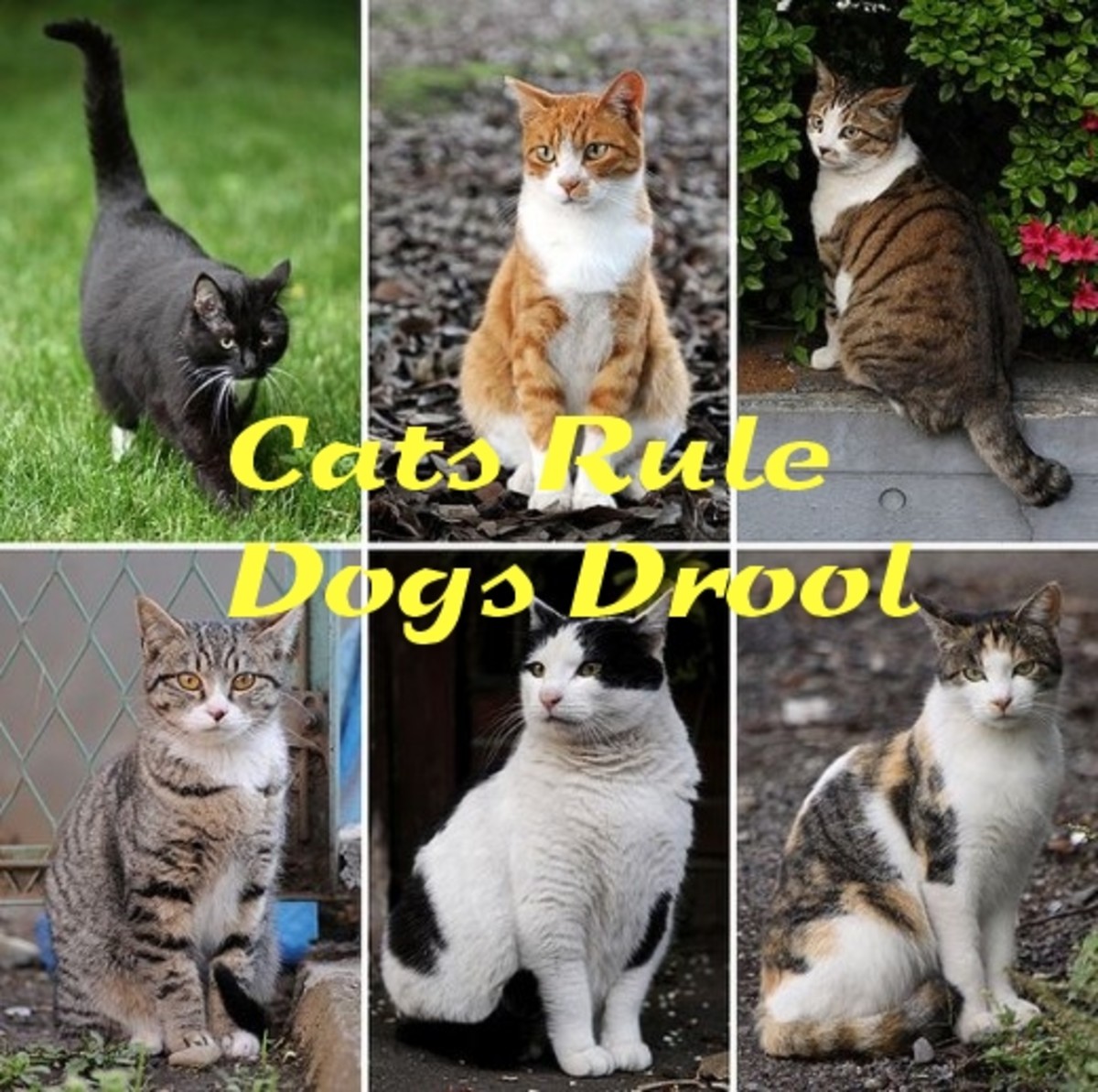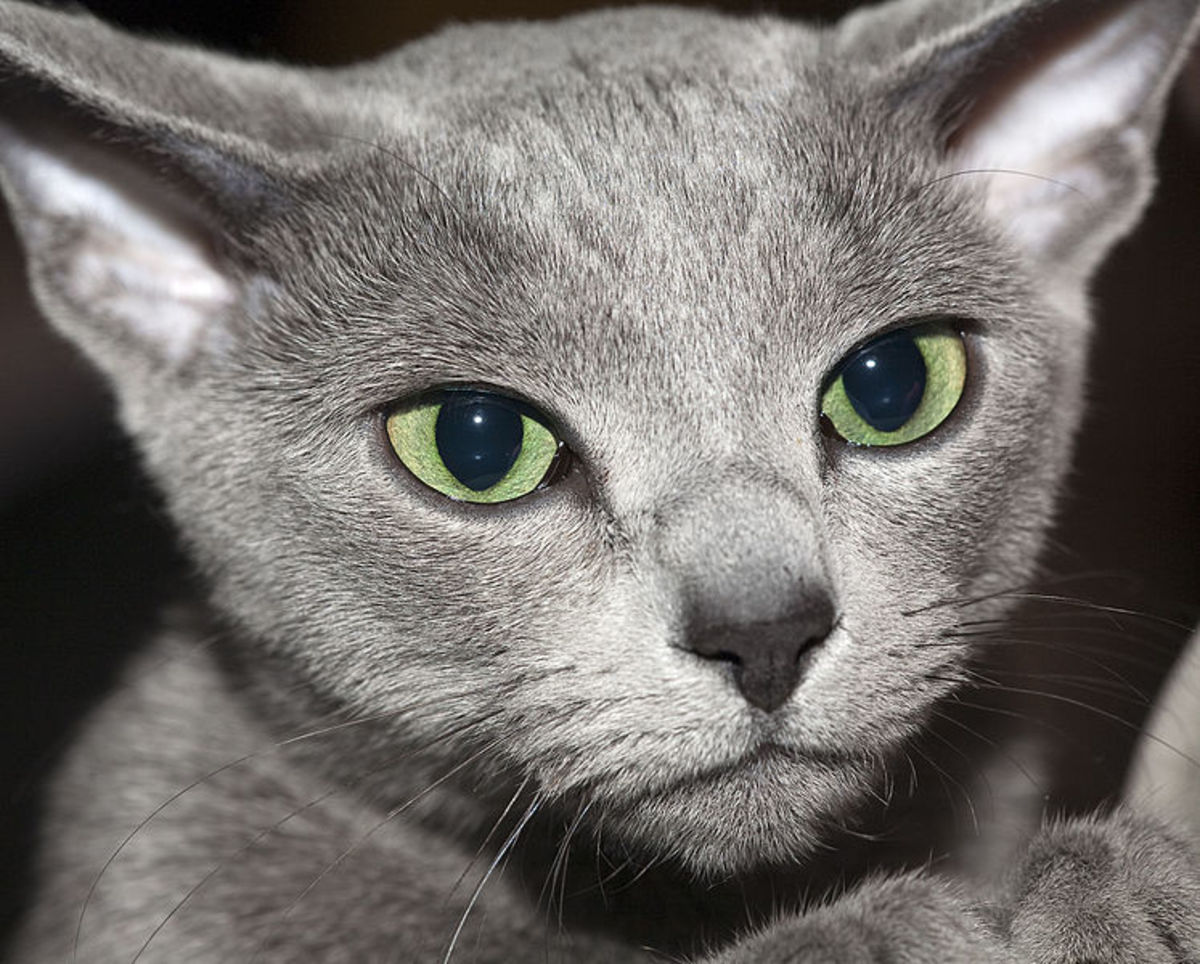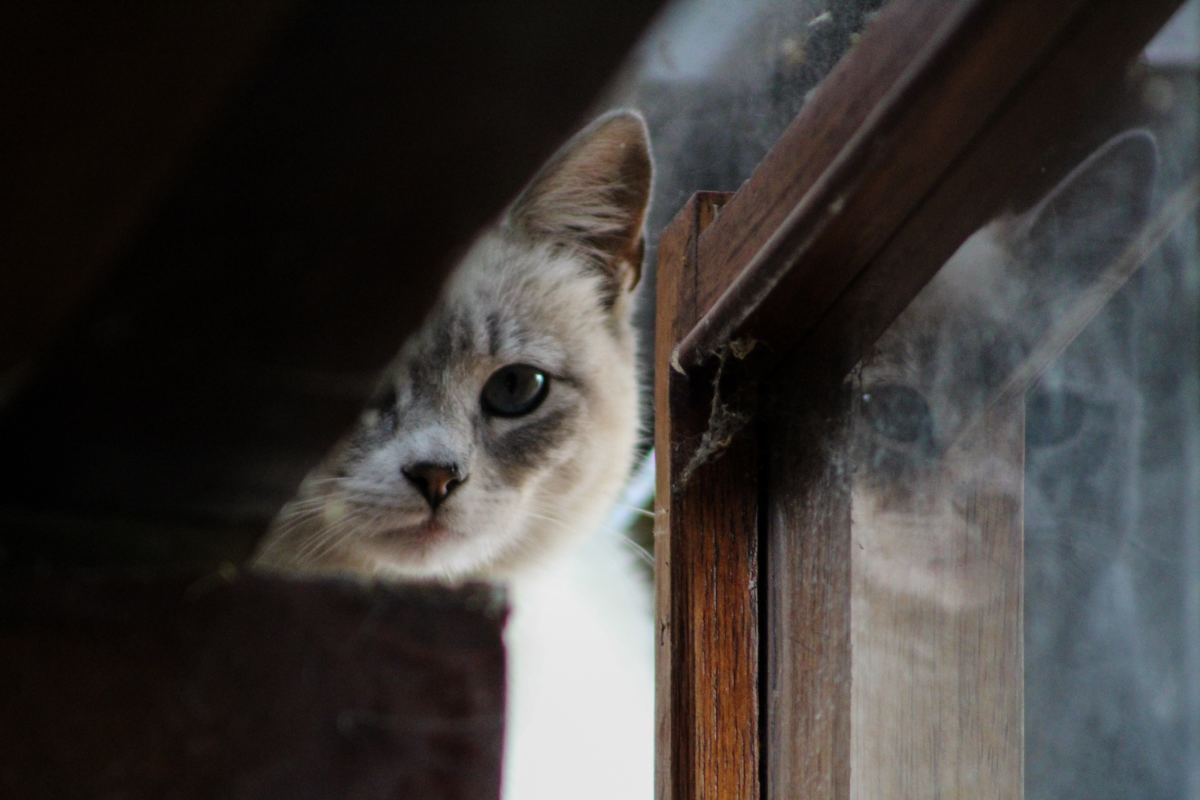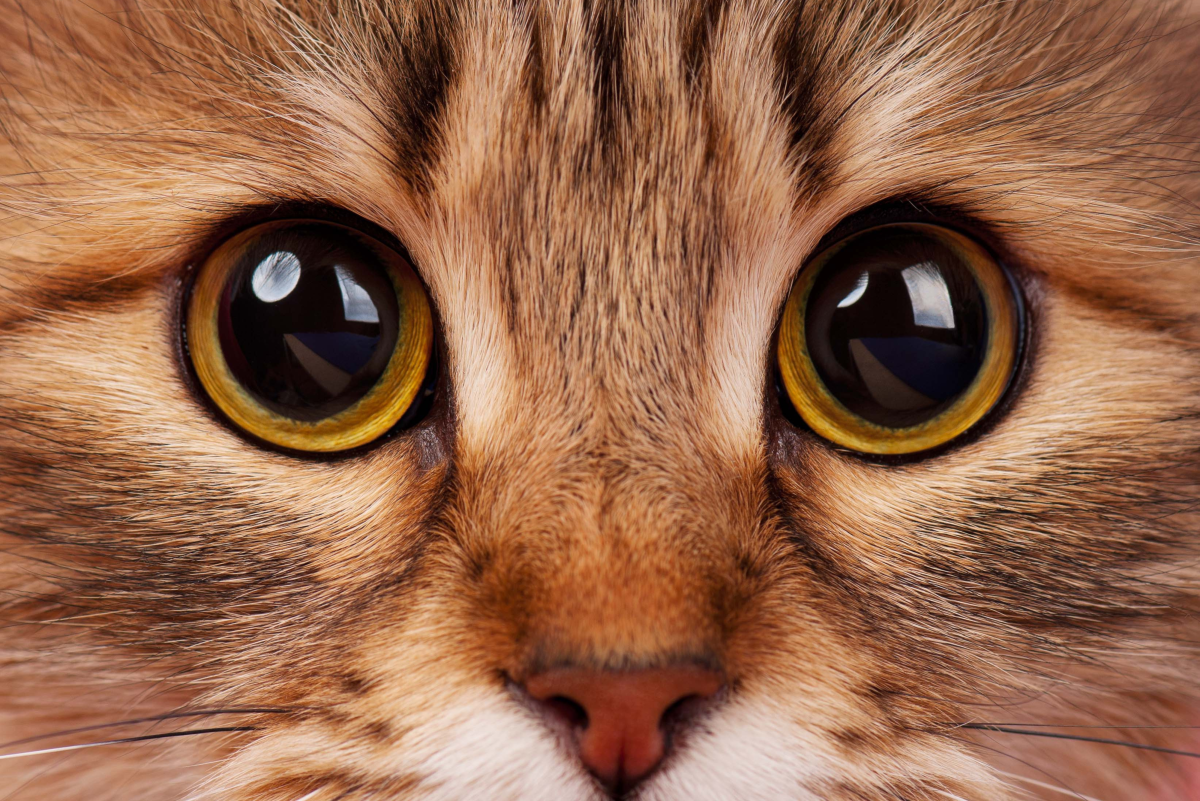A Dog Owner's Guide to Getting Your First Cat Part 2: Choosing the Right Cat for You
In the first article, I talked about the benefits of getting a cat. Now, I'm going to discuss what kind of cat is right for the dog owner. When I went in search of my first cat, I had roughly a good idea what I wanted in a cat and the shelter was happy to oblige. However, my situation may be vastly different than yours, so we'll talk about what might work for your situation as well.
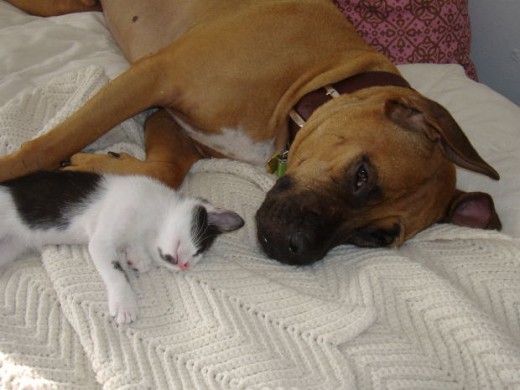
Recommended Reading
Dog or No Dog?
Your first consideration is whether or not you have a dog. If you have a dog (or several, as I have), you're going to have to make your choices roughly on your dog's personality.
No matter what some trainers and behaviorists say, there are just some dogs who won't get along with a cat and will never be trustworthy around a cat their entire lives. Certain breeds, namely those of the northern breed and sight hound lines (Alaskan Malamutes, Siberian Huskies and Salukis, for example) have a natural prey drive and will look on cats as food rather than buddies, unless they were raised together. Sure, there are exceptions, but most pet owners who mix these dogs with cats are tempting fate. It's not that these dogs are aggressive or mean, on the contrary - they are very lovable. They just don't look on small furry critters as part of their pack.
That being said, you can still own a cat with a fair amount of vigilance. At my house, we have "cat time" and "dog time." The dogs stay out with us in the day and the cats have the night shift. It works out well because cats sleep an extraordinary amount of time and are naturally nocturnal. It's more effort for you, the pet owner, but it can be successful if you're committed to making it work.
If you have a dog who isn't overly aggressive to cats, get an adult cat who has been raised around dogs. Most cats that are used to dogs are good at giving the dog a swat if he steps out of line. These cats know to retreat to a safe place out of the dog's reach. For that matter, never get a declawed cat (there are several reasons for this, addressed later) as the cat will need his claws to defend himself and climb out of reach of the dog's inquisitive nose.

Dogs and Cats Living Together...
Do you own dogs and cats?
Kitten or Adult?
Kittens are adorable and full of energy - who wouldn't enjoy a little ball of fluff? There are several reasons to pass up the cuteness and go with an adult cat instead. First, there are plenty of well-adjusted adult cats that are being put down in shelters. These cats just need a second chance to have a good home and quite often just need the right home - namely yours. The adoption fee is usually cheaper with adult cats too.
Kittens are a bit of a gamble. With adult cats, the personality is set and unlikely to change, except with health issues or traumatic events. Kittens, on the other hand, can be anything from sweet to psycho cat when they grow up. What's more, the age differential isn't that big of a deal with cats. A 2 to 4 year old cat can live 16 or more years - plenty of time to enjoy his company.
If you have a dog, get an adult cat who can at least defend himself and get out of the way. A kitten is pretty much at the mercy of a dog, which is why unless your dog is used to cats, you should get an adut.
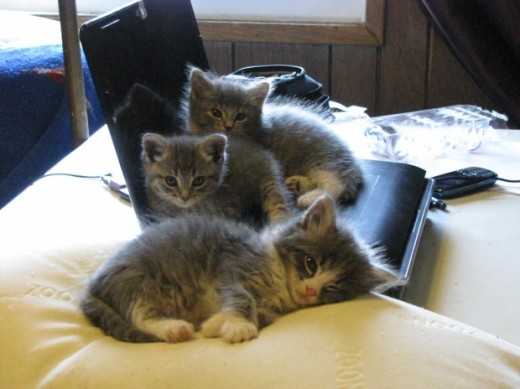
Male or Female?
Getting a male or female cat is pretty much your preference and there isn't too much difference in personality as long as the cat is spayed or neutered. Both are quite able to get along with dogs and both can have great personalities.
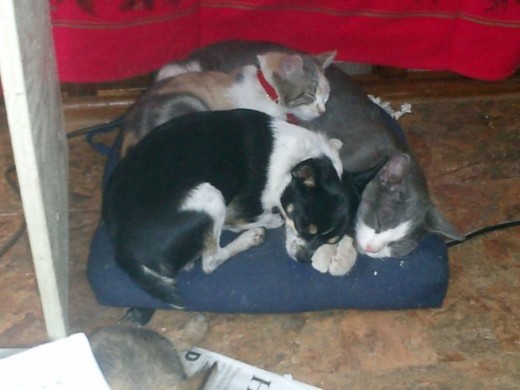
Should I get a Declawed Cat?
Declawing is a cruel operation which amputates the cat's toes to the first knuckle, causing plenty of nerve pain and damage. This manifests itself in aggression, behavior problems and litter box issues. Unless you're immune-compromised, there's no good reason for declawing a cat. As sad as it is to see declawed cats in a shelter, choose one with claws. You can train the cat to claw appropriate items such as scratching posts and you can trim his nails.
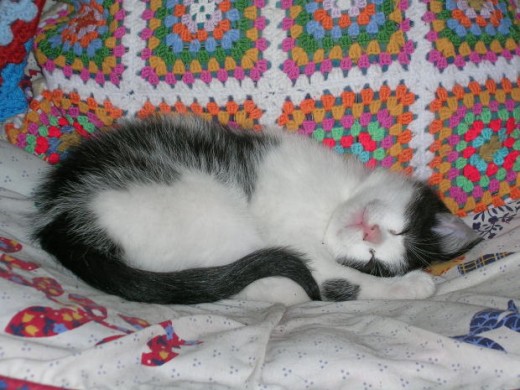
Indoor or Outdoor?
Just as you (hopefully) won't let your dog run loose, it's a good idea to keep your cat inside. Inside cats are less prone to disease, parasites and are in less danger from loose dogs, raccoons, foxes, coyotes and human bullies. If you can't abide the thought of an indoor-only cat, you'll need to consider extra fencing to keep your cat contained in your yard. Cats can and will scale ordinary fencing, so you'll need to attach a special cat fencing that will discourage your cat from getting out of your yard. This fencing looks flimsy and discourages cats from trying to climb on it.
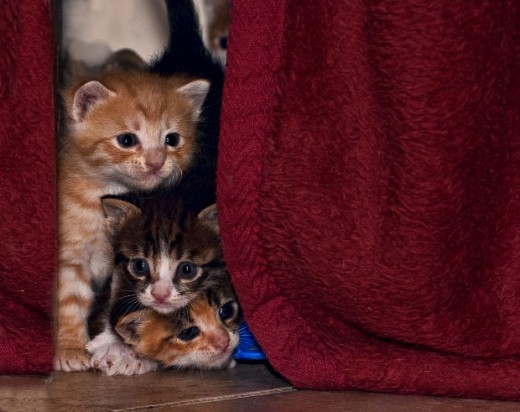
Breed Choices
Unless you're planning on showing your cat, you should consider getting a Moggie or mixed breed cat (also called Domestic Short Haired or Domestic Long Haired). There are millions of good cats looking for homes at the shelter, but if you must have a particular cat breed, do your research into breeds of cats. Like dogs, different breeds have different temperaments. Some, most notably the Oriental breeds are louder and more active than the larger cats. And cats can and do get hip dysplasia, so if you're set on a big cat, be sure to do your research as to health problems.


